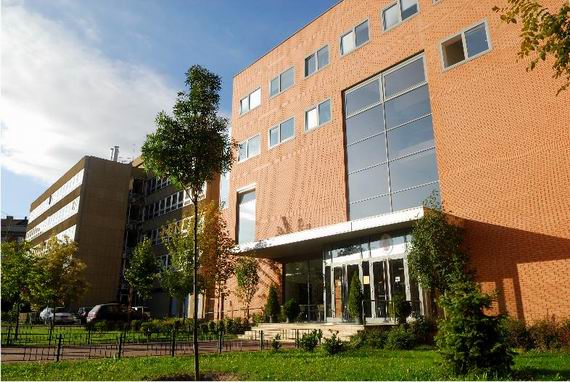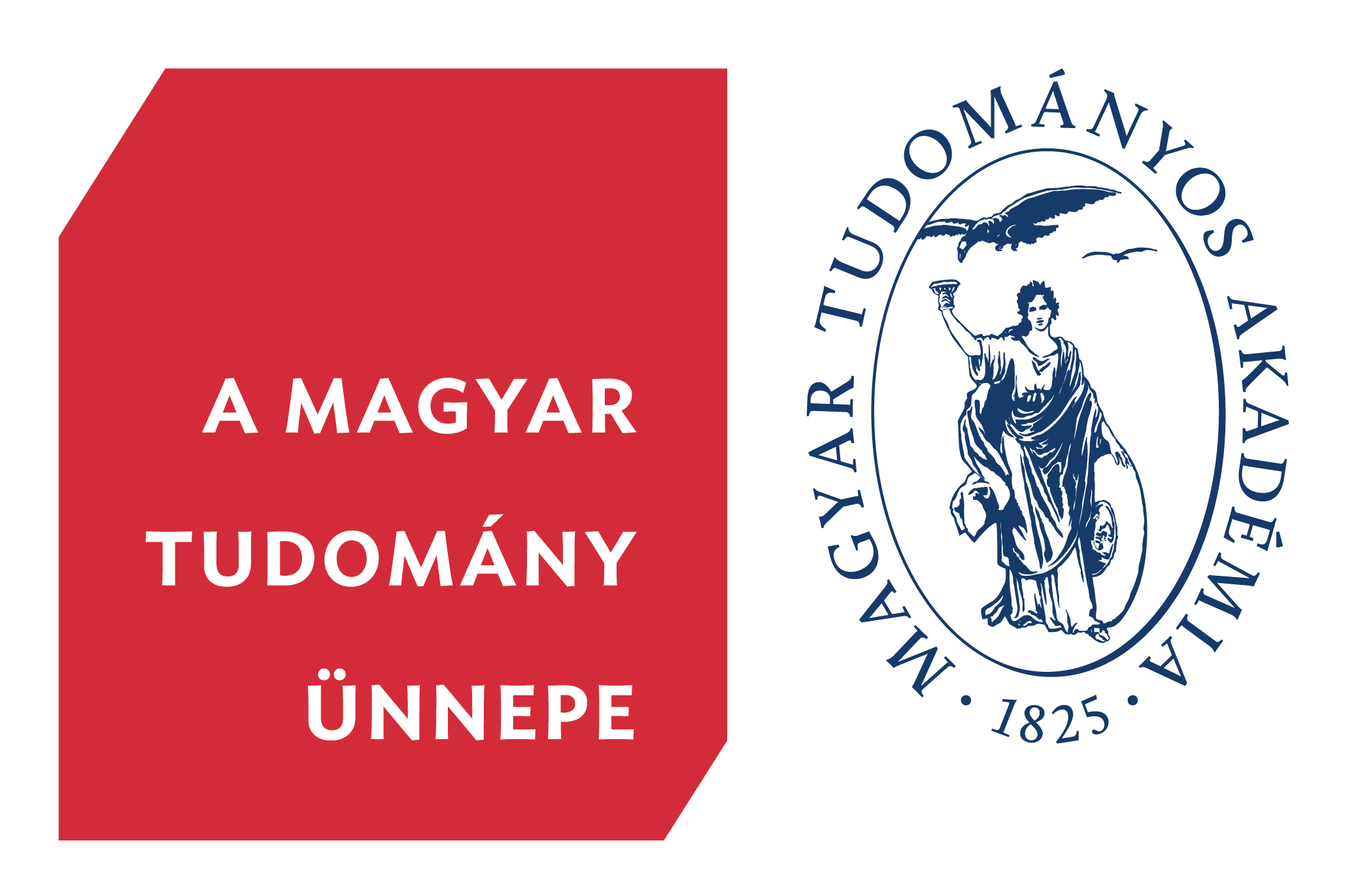Presentations
KEYNOTE LECTURES
Flexible automation through autonomous wheeled robotic manipulators
Arash Ajoudani
Istituto Italiano di Tecnologia
Arash.Ajoudani@iit.it
https://www.iit.it/people/arash-ajoudani
Abstract:
The shift from mass production to mass customization in industrial societies is underway. To respond to the flexibility needs in this new trend, industrial robots must be embedded with advanced locomotion and manipulation skills. In this direction, this talk introduces new thinking and techniques to the development and deployment of mobile robotic manipulators in industrial settings. First, the features of the Mobile Collaborative Robot Assistant (MOCA), a recently developed research platform at IIT, will be introduced. Next, several control frameworks that enable MOCA to perform autonomously or in collaboration with human workers will be discussed.
Deriving Insights into the current Challenges of autonomous Robotics Safety and self-driving Vehicles from Megatrends Analysis and Technology Foresight
Prof. Dominik Boesl
Hochschule der Bayerischen Wirtschaft
https://boesl.org/ueber-mich/#more-9
Abstract: Humankind has always relied on various forms of oracles to predict the future. Unfortunately, as we are all well aware, none of them have ever worked. Megatrend analysis in the tradition of Naisbitt provides a simple yet powerful methodology to still make valid assumptions about the future. Analyzing trends with global impact and an expected timeframe of at least 25 years, it allows for technology foresight to foreshadow humanity's needs, derived market developments and describe how ecosystems will most likely evolve. This talk will focus on establishing the fundamental framework for megatrend research, show the findings from comparing 21 megatrend studies in order to identify a reliable subset of most likely megatrends and reflect upon their interaction with one and another. Particular emphasis will be laid on the impact these scenarios imply for the domain of autonomous robotics, robot safety and autonomously driving vehicles. The presentation concludes with some questions regarding the potentially arising need for Robotic & AI Governance and the impact these disruptive technologies might have on our living realm over the next five decades.
CINTI 2020 presentations
Session on Neural Networks
#36
Hatice Vildan Dudukcu, Murat Taskıran and Nihan Kahraman
LSTM and WaveNet Implementation for Predictive Maintenance of Turbofan Engines
Session on Genetic Algorithms
#13
Saso Karakatic, Iztok Fister Jr. and Dusan Fister
Dynamic Genotype Reduction for Narrowing the Feature Selection Search Space
#26
Natabara Gyöngyössy, Márk Domonkos and János Botzheim
Interactive Bacterial Evolutionary Algorithm for Work Pace Optimization of Cobots
#31
Veronika Bojtár and János Botzheim
Queen Bee Based Genetic Programming Method for a Hive Like Behavior
Session on Modeling Uncertainty
#4
József Dombi and Tamás Jónás
A Theory for Measuring the Preference of Fuzzy Numbers
#9
Esra Çakir and Zİya Ulukan
Web Conferencing Software Selection with Interval-Valued Fuzzy Parameterized Intuitionistic Fuzzy Soft Sets
Session on Hybrid Systems
#11
P.S. Josephng and H.C. Eaw
Making Financial Sense from EaaS for MSE during Economic Uncertainty
#24
T Chaitra, Shivani Agrawal, Jeny Jijo and Arti Arya
Metaheuristic Multi-Objective Optimization for Dynamic Resource Provisioning in a Multi-Cloud Environment using LOA
MP4 video file
#35
Danut Adrian Postovei
Implementation of a Substations Distributed Control System for Power Systems Laboratory
Session on Applications
#7
Utsav Gada, Nilakshi Jain, Srikanth Kodeboyina and Ramesh Menon
X-ray Machine Integration with AI
#14
Nagy Lehel and Márton Lőrinc
Cyberattack detection and compensation for distant-controlled mobile robots
#15
Vladimír Sobeslav and Petra Maresova
A Web Based Application for Investment Evaluation of Medical Devices Development
#25
Rahul Kumar, Ivana Budinska, Zoltan Balogh and Emil Ghatial
Combined heuristic and discrete event simulation approach for optimal production planning and control
#27
Nimród Dénes Kutasi
Comparative Local Plasma Diagnostics Performed in DCPN and HCAPN Reactors
#30
Márk Domonkos, Zoltán Dombi and János Botzheim
LED Strip Based Robot Movement Intention Signs for Human-Robot Interactions
#33
Szava Bansaghi and Tamas Haidegger
Towards Objective Hand Size Assessment and a Standardized Measurement Technique
#34
Annamária Koncz, László Pokorádi and Zsolt Csaba Johanyák
Compared risk analysis of automated and manual safety solutions for transport safety testing of Li-ion batteries
#42
László Horváth
Changed Communication in Engineering
Session on Informatics
#5
Duszan Augustyn and Andrea Tick
Security Threats in Online Metasearch Booking Services
#20
Joanna Isabelle Olszewska
Safe Human-Computer Interface Based On Efficient Image Processing Algorithm
#28
Cosmin Marsavina
Studying the Evolution of Static Methods and their Effect on Class Testability
#40
Lehel Dénes-Fazakas, Eszter Kail and Rita Fleiner
Two-factor, continuous authentication framework for multi-site large enterprises
Special Session on PhD Student Workshop on Applied Informatics in Computational Intelligence (organized by Prof. Dr. László Horváth)
#3
Melvin Ogbolu, Lucky Kenda and Miklos Kozlovszky
Effective Prevention of High-risk Cervical Cancer Among Women in Developing Countries: A Case-study in Nigeria
#10
Hamza Khan, Hazem Issa and József Tar
Comparison of the Operation of Fixed Point Iteration-based Adaptive and Robust VS/SM-type Solutions for Controlling Two Coupled Fluid Tanks
#16
Daniel Stuparic and Jozsef Nyers
Basics of COP Maximum of Wastewater Heat Recovery System Using an Analytical Optimization Method
#23
Hamza Khan, Hazem Issa and József Tar
Improved Simple Noise Filtering for Fixed Point Iteration-based Adaptive Controllers
#29
Abdallah Benhamida, Alaa Kanas, Miklós Vincze, Kristof Tamas Papp, Mera Abbassi and Miklos Kozlovszky
SaECG: a new FHIR Data format revision to enable continuous ECG storage and monitoring
#32
Kristóf Takács, Lars Bager Christensen, Alex Mason and Tamás Haidegger
Robotic grippers for large and soft object manipualation
#39
Lehel Dénes-Fazakas, László Szilágyi, Jelena Tasic, Levente Kovács and György Eigner
Detection of physical activity using machine learning methods
#41
Peter Piros, Rita Fleiner and Levente Kovacs
Finding improved predictive models with Generalized Boosted Models on Hungarian Myocardial Infarction Registry
Special Session on Optimization Methods (organized by Sándor Szénási)
#17
Marek Kvet and Jaroslav Janacek
Spider network search strategy for p-location problems
#18
Jaroslav Janacek and Marek Kvet
Shrinking fence search strategy for p-location problems
#19
Sándor Szénási, Gábor Kertész and Imre Felde
Accident Black Spot Identification based on GPS Coordinates
#21
Nikhil Mane, Anjali Verma and Arti Arya
A Pragmatic Optimal Approach for Detection ofCyber Attacks using Genetic Programming
#37
Gábor Váraljai and Sándor Szénási
Projectile Detection and Avoidance using Computer Vision
#38
Ádám Pintér and Sándor Szénási
Automatic Analysis and Evaluation of Student Source Codes
Special Session on Biomechanics / Movement monitoring and analysis (organized by Miklós Kozlovszky and Henriette Komoróczki Steiner
#43
Barbara Abonyi, Henriette Steiner-Komoróczki, György Fekete, Zsolt Kertesz and Robert Lovas
Effects of Steady Motion Fitness as a Posture Training Method: A Pilot Study
#44
Gábor Gyarmati
Issues of health rehabilitation in the Hungarian conditions of the 21st century
#45
Klaudia Kaszala, Henriette Steiner-Komoróczki and György Fekete
Examining the movement of young gymnasts
#46
Henriette Steiner-Komoróczki, György Fekete, Robert Lovas, Zsolt Kertesz, Klaudia Kaszala and Barbara Abonyi
Problems of Gait Analysis in Medical cases

